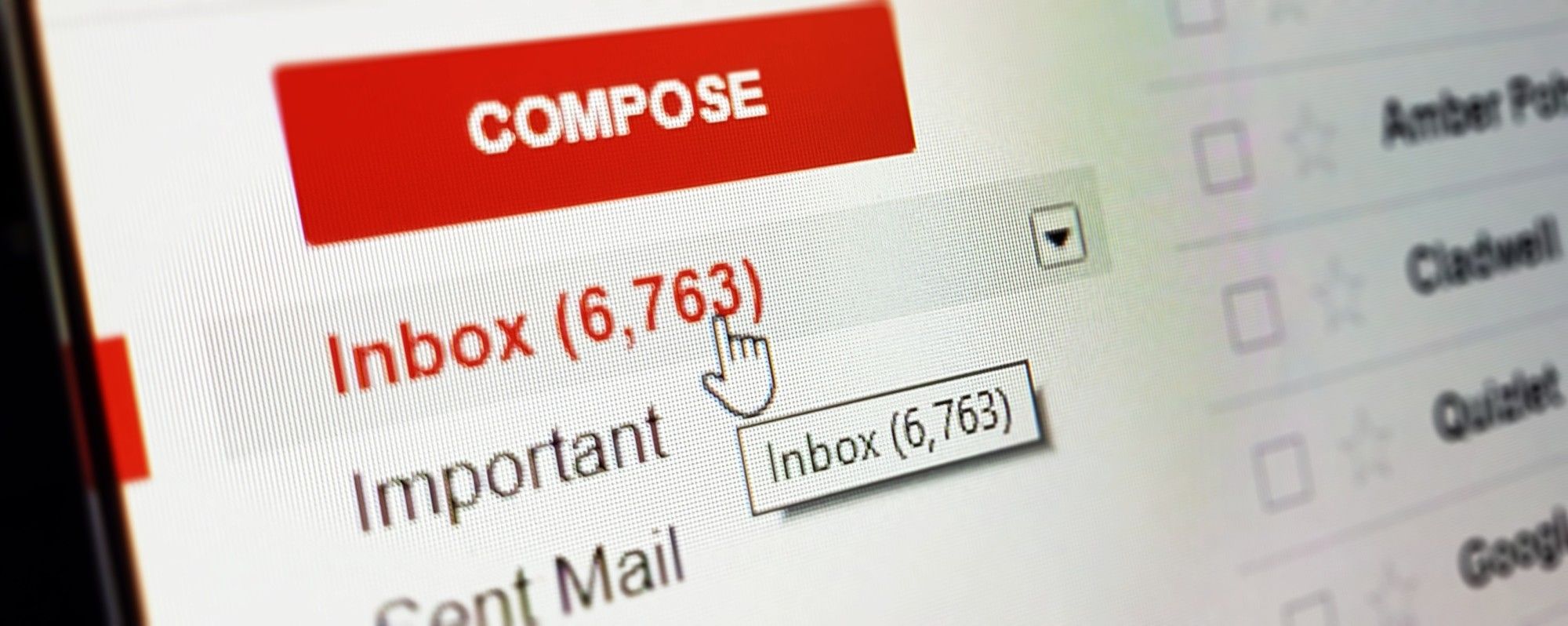Emails are an all-American avalanche. The average American has 1,602 unread emails sitting in their inbox.
This may not seem like a big deal. But having thousands of emails in your inbox can make it hard to access the emails you need. You need to get a handle on inbox management, especially by avoiding common inbox management mistakes.
What should you do about email clutter? What tools can you use to organize your emails? How can you determine which emails are worth your time?
Answer these questions and you can cut your inbox down to a manageable size. Here are three management mistakes you can avoid.
1. Keeping Your Clutter
Email clutter can mean a few different things. You may have emails in your primary inbox that have no use for you. You may get promotional emails, newsletters, and updates for services you no longer use.
You may have emails that were once useful. They may relate to projects you have completed or employees who have left your company.
Creating a clean inbox means deleting these emails. Go through your inbox every few months or so and get emails out.
If you get an email that is useful to your company but not to you, you should forward it to someone else. You can then delete the message from your inbox. If you must save an email, you can take a photo of it or copy its text into a document.
You should keep your work email separate from your personal email. Forward personal emails that go to your work account to your other email account.
If you receive spam or repetitive emails from someone, you should block their account. Do not send them messages back if they continue to annoy you.
You can also reduce clutter by training employees on email etiquette. Ask your workers to keep emails short so they don't use up the data in your inbox.
2. Avoiding Email Tools
Every email service contains tools that help you organize your emails. You should use these tools, but you must also distinguish amongst them.
Email Folders
You can place emails inside different folders. Gmail and other services have their own folders in each account. In Gmail, you may have a "Social" folder and a "Promotions" folder.
But you should try creating your own folders. If you get a lot of emails related to a particular project, you should make a folder for that project. You should then move your folders out of your inbox into that folder.
Keep a folder in your navigation bar until you no longer need it. You should delete unnecessary folders as often as you delete unnecessary emails.
Your email account may also have a spam folder. Delete all of the emails in your spam folder every month or so. Don't click on any links that these emails contain, as they may redirect your browser and download viruses on your computer.
Labels
Labels do not move emails out of your main inbox. But they make them easier to spot in your inbox, and you can search for emails by labels using an advanced search function.
As with folders, you should try to create a few different labels. You can make labels based on who the senders or recipients of the emails are. You can also timestamp your emails using labels, making it easy to delete the ones that are old.
Stars
Stars are a special kind of label. They can designate very important emails, and you can access them from the top of your navigation bar. Attach a star to an email related to an accomplishment like a promotion or award.
Only your most important emails should receive stars. Take a look at your starred emails and see if there are any that are no longer necessary to you.
3. Viewing Emails as They Come In
You may have notifications on your computer or phone about your emails. When one comes in, you may put aside what they are doing and check it.
This can hurt your productivity and make it hard to determine how useful your emails are. You should schedule a time every day when you can pay attention to your messages. You should wait to check your email until that time.
Ask your work associates and friends to contact you through other means. They should get in touch with you about an urgent matter with a phone conversation.
You can improve your time management skills while you are looking at your emails. You should forward an email to someone else if they can complete a request better than you can. Delete any emails that are completely useless to you right away.
If your emails give you a series of tasks, you should start with the ones you can complete immediately. You can send a quick reply or a document back to the sender.
Feel free to rely on different email services to help with time management. Tools like Chuck and Chuck Pro can help you with deleting batches of emails.
Avoiding Common Inbox Management Mistakes
Inbox management can be tricky. You need to delete all unnecessary emails in your inbox. Forward personal emails to your personal account and block spam and promotional accounts.
Use a plethora of tools to organize your inbox. You can move emails into folders and label them for easy searching.
You should also be careful with how you check your emails. Wait until the end of the day and forward emails to others who can respond to them better than you can.
Take advantage of all the email management tools you have. Mailstrom makes organizing emails easy. Contact us today.



